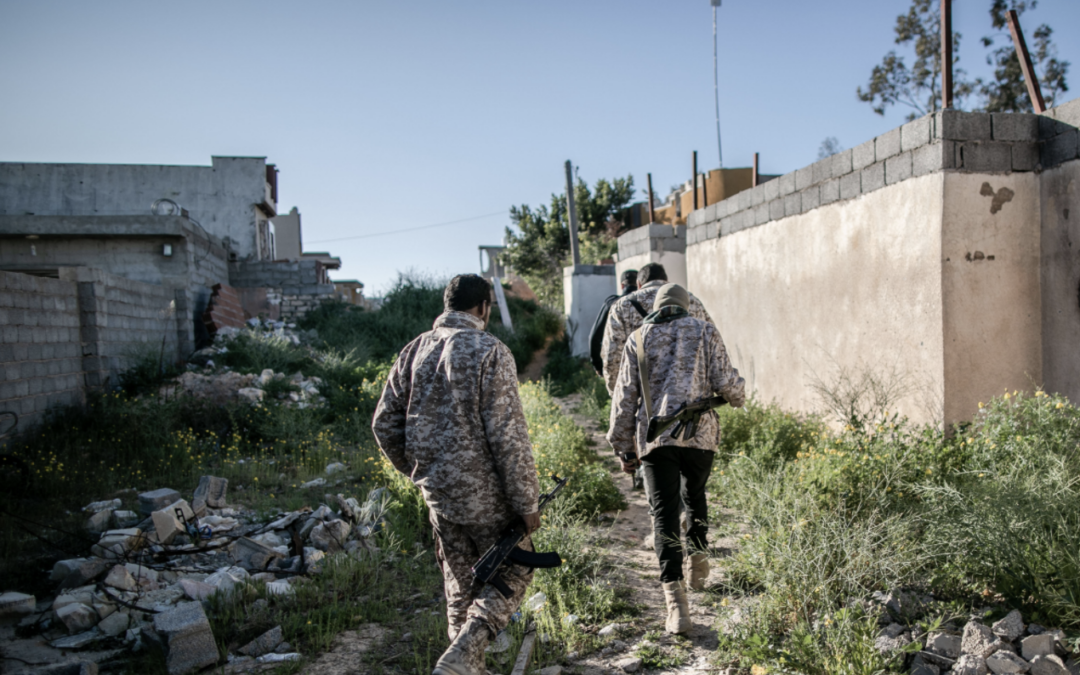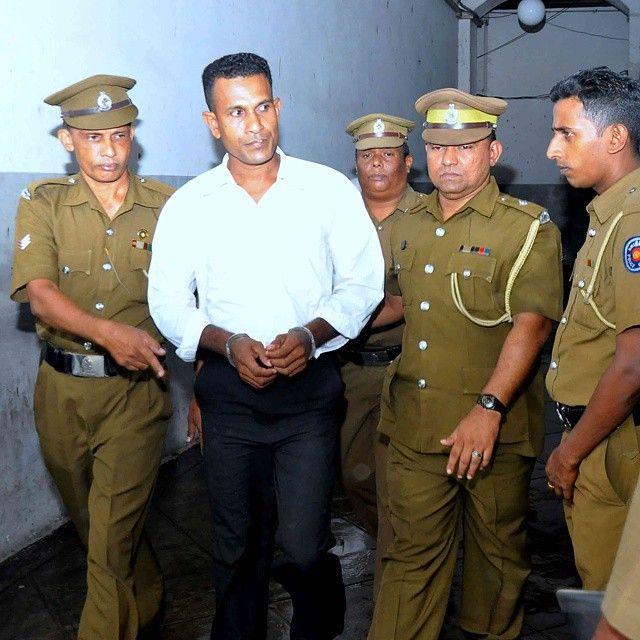
Libya: continuing atrocities must compel States to establish an International Investigative mechanism at the UN Human Rights Council
Member States convening today for the resumption of the 43rd session of the UN Human Rights Council should support the establishment of an international investigative mechanism to document and preserve evidence of violations of international human rights law and international humanitarian law (IHL) committed in Libya, said the ICJ and Lawyers for Justice in Libya.
The escalation in armed conflict in recent months and ongoing impunity for an increasing number of violations and abuses being committed in Libya lend particular urgency to the establishment of a mechanism for a period of at least one year to investigate all gross human rights violations and abuses and serious violations of IHL, with a view to preserving evidence and holding perpetrators accountable.
“Horrific reports documenting the discovery of mass graves are the latest addition to a long line of well-established atrocities perpetrated across Libya,” said Kate Vigneswaran, Senior Legal Adviser at the ICJ’s Middle East and North Africa Programme. “Impunity for these crimes has proven only to prompt further violence and prolong the conflict.”
On 11 June 2020, the United National Support Mission to Libya reported the discovery of at least eight mass graves, located predominantly in Tarhuna, a town located southeast of Tripoli.
Though exhumations have only just commenced, initial reports by the Government of National Accord (GNA) indicate that they could contain hundreds of bodies, including of women and children.
Reports further indicate that the Libyan Arab Armed Forces (LAAF), and their foreign allies, have laid anti-personnel landmines and other booby-traps in buildings as they withdrew from Tripoli, leading to causalities including among civilians returning to their homes after long periods of displacement.
Reports of incidents involving “retributive crimes”, including the parading of corpses and looting of perceived opponents’ houses and public property, by GNA-affiliated armed groups have also surfaced.
“The systematic and ubiquitous nature of these violations reinforces the need for States to urgently push for mechanisms designed to address accountability and fight prevailing impunity. The establishment of an international investigative mechanism would not only pave the way towards obtaining justice for the victims and preserving evidence necessary for doing so, but also send a strong and unequivocal message that those who commit crimes will be held accountable,” said Marwa Mohamed, Head of Advocacy and Outreach at Lawyers for Justice in Libya.
An international investigative mechanism would bolster accountability efforts in the country, which have, thus far, been impeded by cycles of violence, weak and ineffective law enforcement agencies, the arbitrary exercise of policing and detention powers by armed groups and an inadequate legal framework for holding perpetrators of crimes under international law accountable.
States will vote on the resolution on Libya (UN Doc A/HRC/43/L.40) following the interactive dialogue on the High Commissioner for Human Rights’ Report on Libya on 18 June 2020.
The 43rd session of the Human Rights Council commenced in February 2020, but was suspended due to the COVID-19 pandemic.
Contact
Kate Vigneswaran, Senior Legal Adviser, ICJ Middle East and North Africa Programme, t: +31624894664 ; e: kate.vigneswaran(a)icj.org;
Background
A variety of armed groups have been engaged in recurrent waves of armed conflict since the 2011 uprising. These include the forces of the GNA, established in 2016, which is the internationally recognized State governing authority and is supported by armed groups acting either under their control or in alignment or alliance with it, and the LAAF, which is headed by Khalifa Haftar, who was endorsed by the House of Representatives after launching his military campaign in 2014, and is composed of a mixture of military units and armed groups.
The GNA generally has control over territory in the west, and the LAAF exercises a significant degree of control over territories in the east and parts of the south. In April 2019, the LAAF marched on Tripoli gaining further territorial control in parts of the west, but such gains have been reduced over recent weeks following the escalation in hostilities with the GNA and the LAAF’s consequent retreat.
Reports by UNSMIL and other international bodies and non-government organizations document the gross human rights violations and abuses and serious violations of IHL being committed by all parties to the conflicts in Libya. These include unlawful killings resulting from direct, indiscriminate and disproportionate attacks against persons not engaged in hostilities; attacks on civilian objects including medical facilities and equipment; torture and ill-treatment, including acts of sexual violence and the crime of rape; arbitrary arrests and detention; forced displacement; enforced disappearances; and extrajudicial killings. These violations and abuses have led to mass internal displacement, including of over 200,000 people since April 2019 from Tripoli and its outskirts.
Libya-Atrocities need investigation-News-2020-ARA (story in Arabic, PDF)





